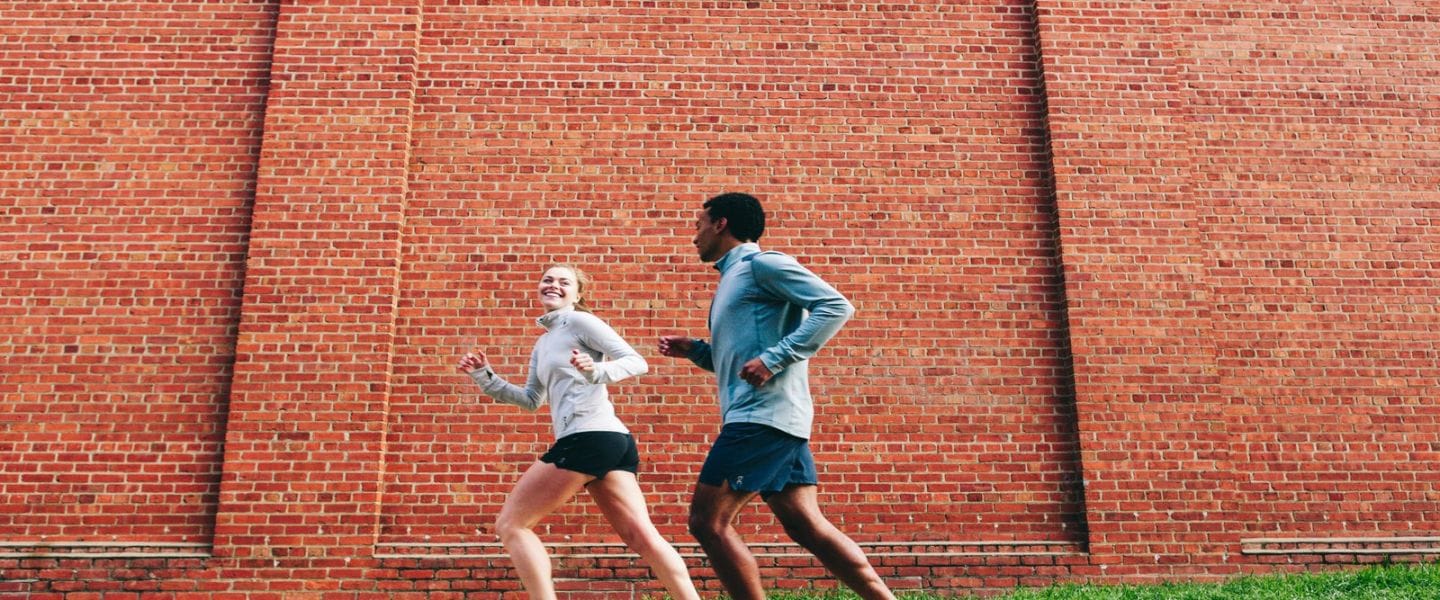
For athletes and fitness enthusiasts in Minneapolis, marathon sports offer a thrilling way to challenge oneself, push limits, and experience the city's vibrant energy. Whether you're a seasoned runner or a beginner looking to take your fitness journey to the next level, dominating marathon sports in Mpls requires a combination of dedication, strategy, and knowledge of the local scene.
Minneapolis is home to numerous marathons, half-marathons, and other running events that cater to diverse interests and skill levels. From the prestigious Grandma's Marathon to the Twin Cities Marathon, and the Minneapolis Marathon, there are plenty of opportunities to test your endurance, speed, and agility. To help you dominate marathon sports in Mpls, we'll explore seven essential strategies, providing you with a comprehensive guide to succeed in this exciting world of athletics.
Master Your Training: Creating a Winning Strategy
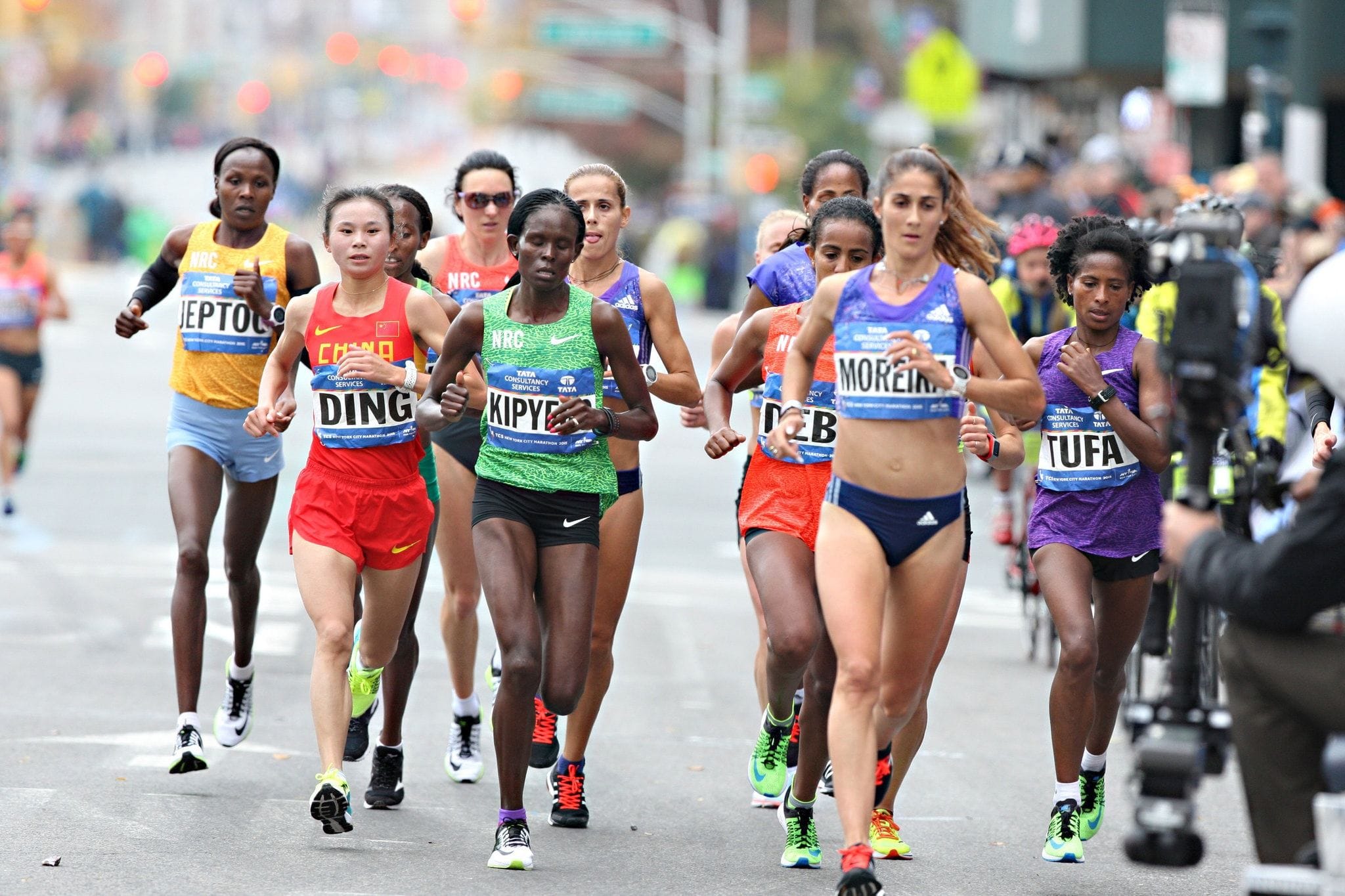
Developing an effective training plan is crucial to success in marathon sports. This involves setting realistic goals, creating a structured schedule, and incorporating various types of workouts to improve cardiovascular endurance, muscular strength, and flexibility. A well-designed training plan should also include recovery periods, cross-training, and nutrition planning to ensure optimal performance and minimize the risk of injury.
To create a winning strategy, consider the following:
Set specific, measurable, achievable, relevant, and time-bound (SMART) goals Develop a periodized training plan with gradual increases in intensity and volume Incorporate strength training, high-intensity interval training (HIIT), and long slow distance (LSD) runs Prioritize recovery techniques, such as foam rolling, stretching, and self-myofascial release Fuel your body with a balanced diet, adequate hydration, and strategic supplementation
Building a Strong Foundation: Understanding Your Body

To dominate marathon sports in Mpls, it's essential to understand your body's strengths, weaknesses, and limitations. This involves developing a keen sense of self-awareness, recognizing your unique physiology, and adapting your training plan accordingly.
Consider the following:
Identify your chronotype: Are you a morning lark or a night owl? Schedule your workouts accordingly. Recognize your dominant foot: Are you right-footed or left-footed? Adjust your running form and shoe selection accordingly. Assess your body composition: Are you lean and muscular or carrying excess weight? Develop a nutrition plan to optimize your body composition.
Tapping into the Local Scene: Community Involvement and Mentorship
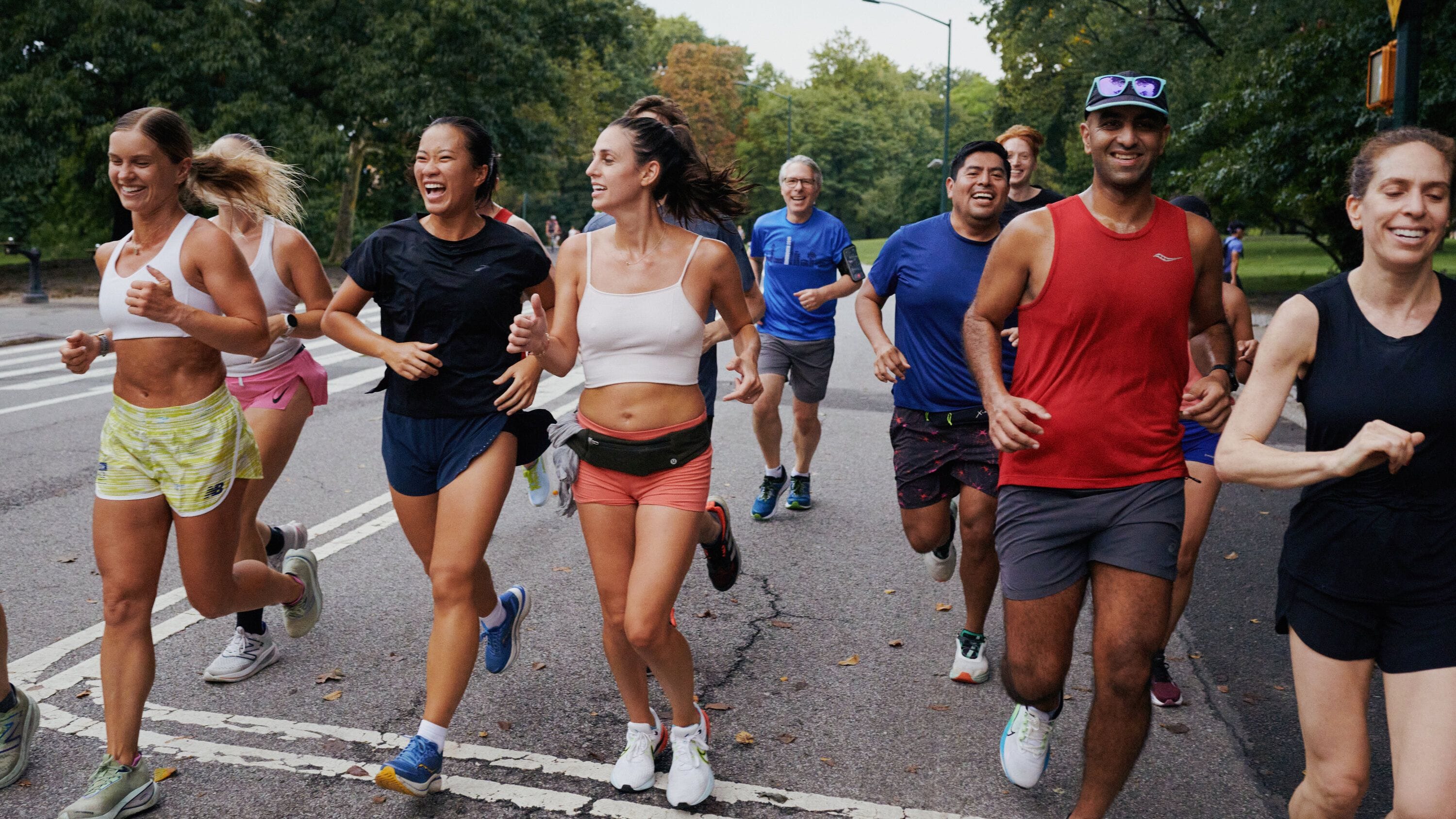
Connecting with the local running community in Minneapolis can provide valuable opportunities for growth, learning, and motivation. Joining a running club, participating in group workouts, and seeking guidance from experienced mentors can help you stay accountable, inspired, and informed.
Consider the following:
Join a local running club, such as the Minneapolis Running Club or the Twin Cities Road Runners Club Participate in group workouts, such as track sessions, hill repeats, or long runs Seek guidance from experienced mentors, coaches, or running buddies Attend local running events, seminars, and workshops to stay informed and network with like-minded individuals
Optimizing Your Gear and Equipment: Choosing the Right Tools for Success
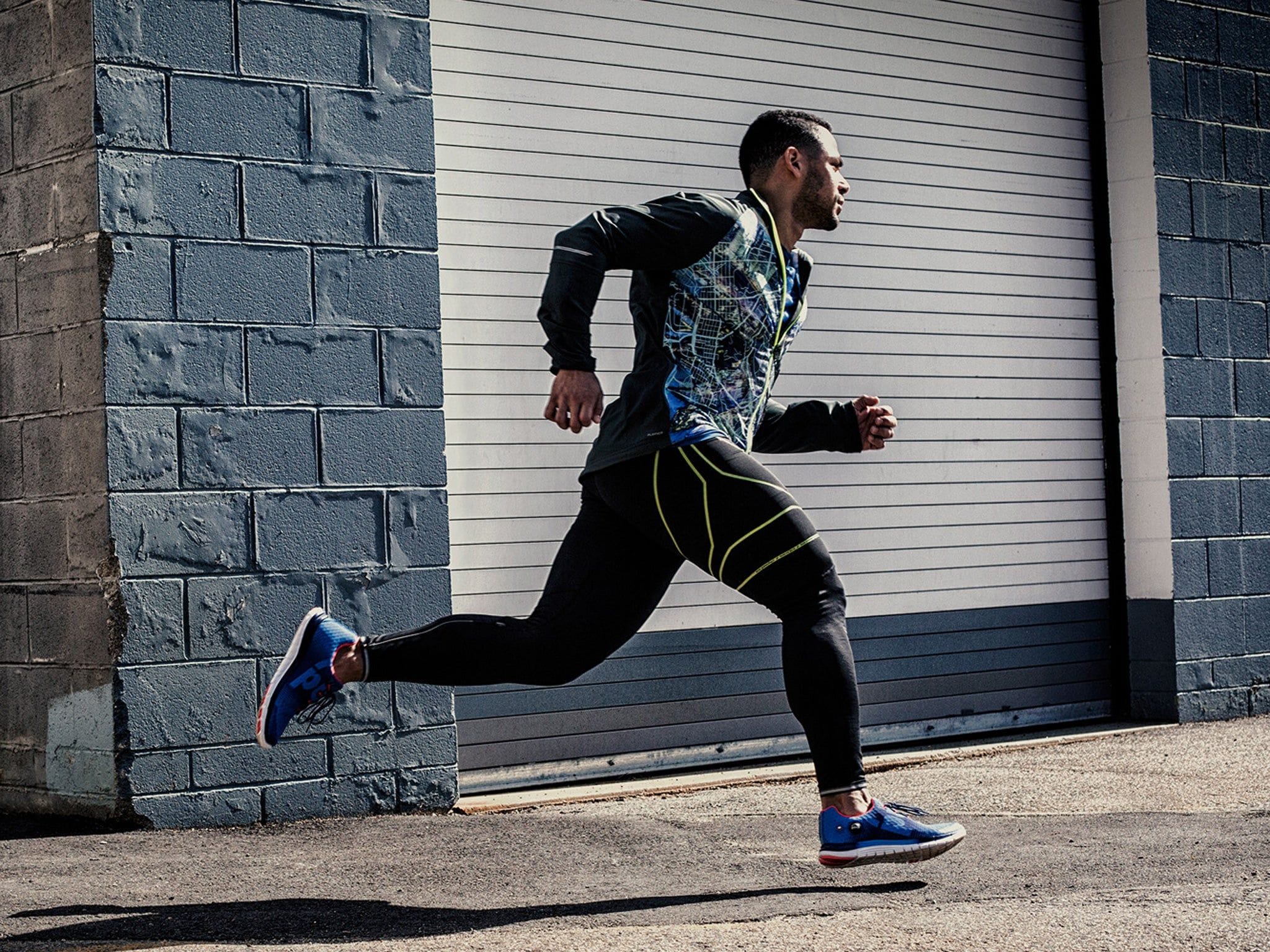
Having the right gear and equipment can significantly impact your performance and comfort during marathon sports. From running shoes and clothing to watches and accessories, selecting the right tools for success is essential.
Consider the following:
Invest in a good pair of running shoes, tailored to your foot type and running style Choose breathable, moisture-wicking clothing for optimal comfort and performance Utilize a running watch or fitness tracker to monitor your progress and stay motivated Experiment with various accessories, such as armbands, headphones, or reflective gear, to enhance your running experience
Nutrition and Recovery: Fueling Your Body for Optimal Performance

Proper nutrition and recovery strategies are critical components of a successful marathon training program. Adequate fueling, hydration, and rest are essential for optimal performance, injury prevention, and overall well-being.
Consider the following:
Develop a personalized nutrition plan, tailored to your dietary needs and preferences Focus on complex carbohydrates, lean protein sources, and healthy fats for optimal energy production Stay hydrated by drinking plenty of water, electrolyte-rich beverages, and coconut water Prioritize recovery techniques, such as foam rolling, stretching, and self-myofascial release, to aid in muscle repair and rejuvenation
Mental Preparation: Building Resilience and Confidence
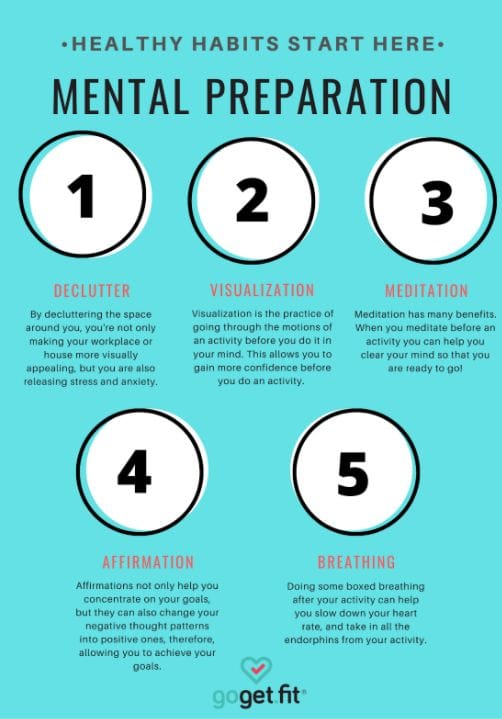
Mental preparation is a vital aspect of marathon training, enabling you to build resilience, confidence, and a winning mindset. By cultivating a positive self-image, managing stress, and developing coping strategies, you can overcome obstacles and achieve your goals.
Consider the following:
Practice positive self-talk and visualization techniques to boost confidence and motivation Develop a pre-race routine to calm nerves and focus your mind Learn to manage stress and anxiety through techniques like deep breathing, meditation, or yoga Focus on progress, not perfection, and celebrate small victories along the way
Course-Specific Training: Tackling the Unique Challenges of Mpls Marathons

Minneapolis marathons offer a unique set of challenges, from the iconic Lake Calhoun to the historic Summit Avenue. To dominate these courses, it's essential to incorporate course-specific training into your program.
Consider the following:
Familiarize yourself with the course terrain, elevation, and weather conditions Incorporate hill repeats, tempo runs, and long slow distance runs to build endurance and stamina Practice fueling and hydration strategies during long runs to simulate the demands of the actual event Visualize the course, focusing on key landmarks, aid stations, and spectator areas
By implementing these seven strategies, you'll be well on your way to dominating marathon sports in Mpls. Remember to stay flexible, adapt to changing circumstances, and trust in your training. With dedication, perseverance, and the right mindset, you can achieve your goals and become a force to be reckoned with in the Minneapolis running community.
What is the best way to train for a marathon in Minneapolis?
+The best way to train for a marathon in Minneapolis is to create a structured training plan, incorporating various types of workouts, recovery techniques, and nutrition planning. It's also essential to connect with the local running community, seek guidance from experienced mentors, and prioritize course-specific training.
How can I optimize my gear and equipment for marathon running in Minneapolis?
+To optimize your gear and equipment for marathon running in Minneapolis, invest in a good pair of running shoes, choose breathable clothing, and utilize a running watch or fitness tracker. Experiment with various accessories, such as armbands, headphones, or reflective gear, to enhance your running experience.
What are some common mistakes to avoid when training for a marathon in Minneapolis?
+Common mistakes to avoid when training for a marathon in Minneapolis include inadequate training, poor nutrition, and insufficient recovery. It's also essential to avoid overtraining, neglecting course-specific training, and failing to adapt to changing circumstances.